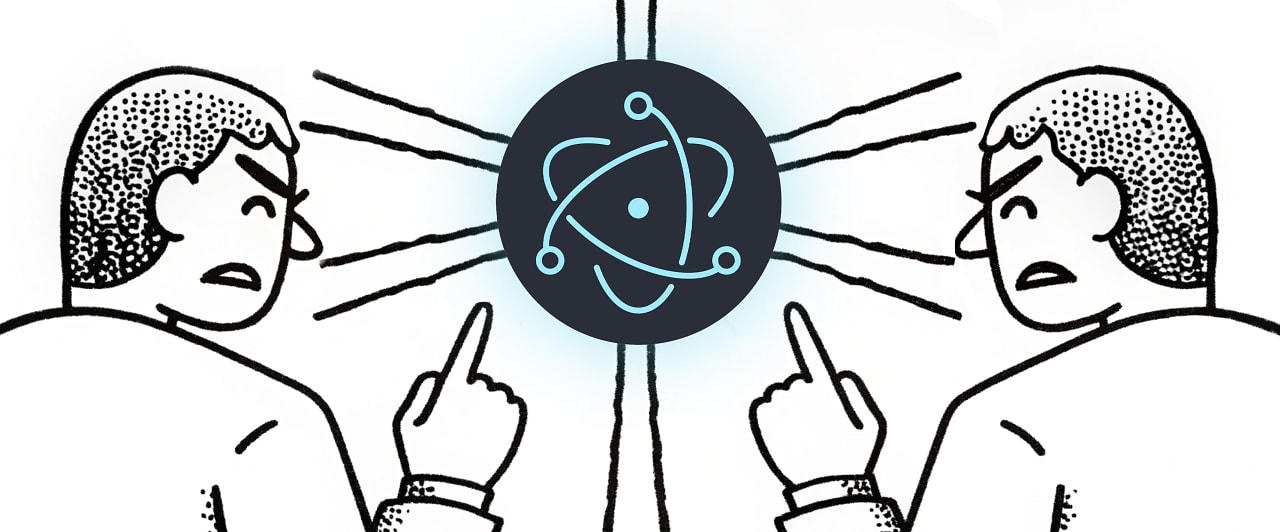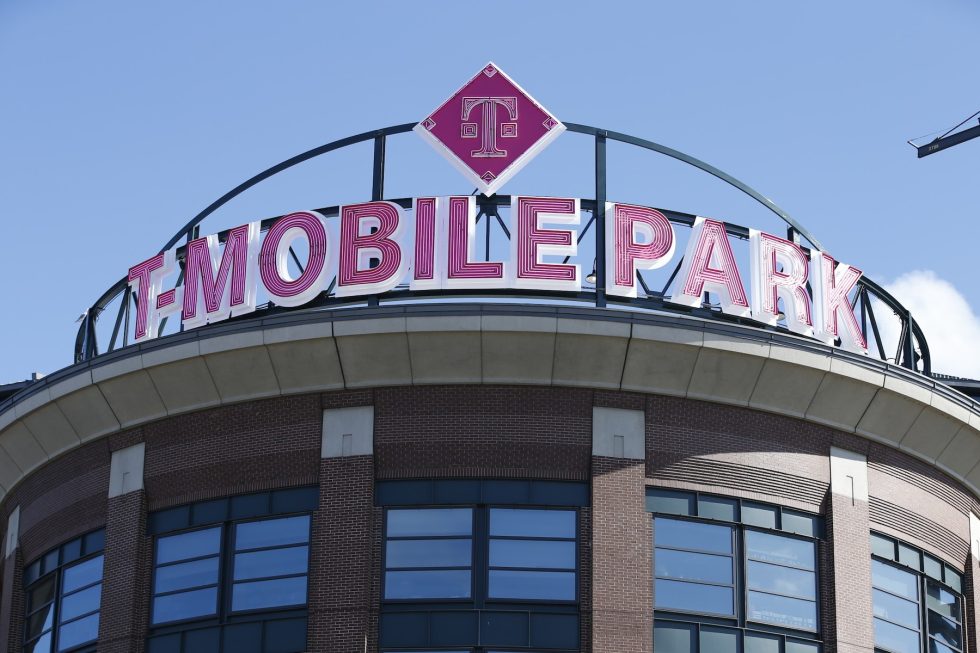Google’s Disastrous Pixel 4a Update is a Prime Example of Planned Obsolescence
Again, if it ain't broke... The post Google’s Disastrous Pixel 4a Update is a Prime Example of Planned Obsolescence appeared first on Phandroid.
Not too long ago, Google advised users who still owned and use the Pixel 4a that it will be sending out an update that would supposedly address device stabilty issues. Ironically, Google also advised that the update might impact battery life, which of course no smartphone user wants to hear – what could go wrong, though?
As a compensation of sorts, Google told users that if their phone were to “qualify” as being affected by battery issues following the update, users can then avail of a $100 credit towards a new phone upgrade, or a free battery replacement job via a licensed technician.
Following this however, there are now numerous complaints from users claiming that the update has severely worsened their battery life – some state that their Pixel 4a went down from being an all-day phone to an unusable device, with subpar battery performance after updating. Aside from the changes to “stability”, the update doesn’t come with any other significant software features. Ironically, part of Google’s update announcement reads:
We want our customers to have the best possible experience with their products,
Some users are also irate regarding the supposedly “free” battery repair – if one were to send their phone to have their battery replaced and Google happens to find other defects with their device, then they will need to shoulder repair costs for everything else. The $100 upgrade credit is also a measly sum, considering that the cheapest smartphone on Google’s current lineup – aka the Pixel 8a – costs $499. Not only is your previously-working phone now unusable, you’ll also have to pay more towards an upgrade you probably didn’t need or want in the first place.
![]()
As a result, some users are considering filing a lawsuit against Google, while some have gone so far as to downgrade their phone’s Android OS to a much earlier version, something that’s not so easily done; others were also urging Pixel 4a owners to file complaints with business and commerce authorities.
As a Pixel user myself who has gone through several different models (including the 4a) in the past, this development is undeniably disappointing. The Pixel 4a was one of the more impressive Pixel models when it came to battery life, and as a result of this entire mess one can’t help but think if Google’s update was a forceful way to get users to ditch their old, unsupported smartphones.
![]()
Sure, one could argue that rocking a much-older phone launched back in 2020 might pose a risk to personal data security, but I’m willing to bet that these Pixel 4a users have their own personal reasons on why they’re sticking with old faithful, whether it be budget, functionality, or what have you. The concept of “planned obsolescence” is an industry term that has drawn the ire of many consumers, who accuse big tech of purposely limiting product lifespan in an attempt to get users to upgrade.
Now based on all that’s happening right now, doesn’t this seem like the exact same case?
This is also a stark contrast to Google’s earlier pivot that added a couple more years of updates to its Tensor-powered smartphones, a move that I found commendable at the time. One could argue that this final blow to the Pixel 4a is the last nail in the coffin for the company’s older Snapdragon-powered smartphones, as it goes all-in on its own Tensor chipsets.
Of course this is all just speculation on my end. Maybe Google was sincere about improving performance on Pixel 4a units, and maybe this was all an unexpected development. But at the end of the day, Pixel 4a owners are pissed, and their phones are now halfway to becoming paperweights.
The post Google’s Disastrous Pixel 4a Update is a Prime Example of Planned Obsolescence appeared first on Phandroid.
















![From Gas Station to Google with Self-Taught Cloud Engineer Rishab Kumar [Podcast #158]](https://cdn.hashnode.com/res/hashnode/image/upload/v1738339892695/6b303b0a-c99c-4074-b4bd-104f98252c0c.png?#)




























































